Team Communication & Scheduling
Clear, consistent communication is one of the most important parts of a successful season. As a coach, setting expectations early helps reduce confusion, builds trust with families, and creates a positive environment for your athletes.
🏁 Start Strong: The Parent Meeting
Holding a parent meeting at the beginning of the season is essential. This sets the tone for your team and ensures everyone is on the same page. During this meeting, cover:
- Team Expectations:
- Attendance and punctuality for practices and games.
- Behavior standards for players, parents, and coaches.
- Commitment level expected (and how to communicate if conflicts arise).
- Season Overview
- Key dates, practice schedule, and competition schedule.
- How scheduling changes will be communicated.
- Your Coaching Philosophy
- Share your approach to playing time, skill development, and team culture.
- Emphasize effort, growth, and sportsmanship over winning.
- Parent Role
- How parents can support their athlete and the team.
- Volunteer opportunities (carpooling, snacks, team events).
📌 Resource: Positive Coaching Alliance – Parent Meeting Agenda
📲 Communication Tools: Using Crossbar
City League uses Crossbar as the central platform for team communication and scheduling. Coaches should:
- Post practice and game schedules directly in Crossbar.
- Use team messages for updates and reminders.
- Encourage parents to enable notifications so nothing is missed.
- Upload rosters and contact info so everyone stays connected.
👉 Tip: Set the expectation with parents that Crossbar is the only official communication channel. This minimizes missed messages.
⏰ Attendance & Expectations
- Ask families to mark availability for each practice and game in Crossbar.
- Establish a clear policy for missed practices (e.g., notify 24 hours in advance if possible).
- Emphasize to athletes the importance of showing up consistently—it builds team trust and helps with skill development.
📅 Scheduling Extras
Sometimes you’ll want to schedule additional practices, team events, or meetings. When doing so:
- Post changes in Crossbar as early as possible.
- Communicate the purpose (e.g., skill clinic, team-building activity).
- Be mindful of balance—extra practices should support development, not lead to burnout.
🤝 Building Team Culture
Communication isn’t just about logistics—it’s about creating a culture where everyone feels connected. Some strategies:
- Share weekly updates celebrating progress, effort, or teamwork.
- Use Crossbar or team huddles to highlight Player of the Week or “Shout Outs.”
- Plan a couple of non-sport events (pizza night, service project, parent vs. kids game) to strengthen relationships.
✅ Key Takeaways for Coaches
- Host a parent meeting at the start of the year—this sets the foundation.
- Use Crossbar as your central communication tool for all scheduling and messaging.
- Be consistent with attendance expectations and communicate them clearly.
- Balance extra practices and events with rest and family time.
- Use communication not just to inform, but to build culture and connection.
Oops!
You have unsaved elements
Please save or cancel the pending changes to the elements within your page and then try saving again.
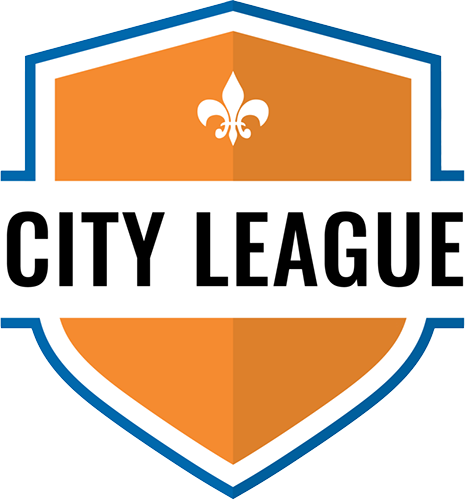
 Atlas Public Schools
Atlas Public Schools
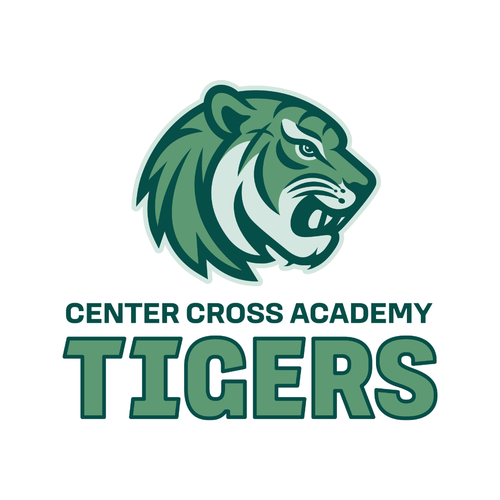 Center Cross Academy
Center Cross Academy
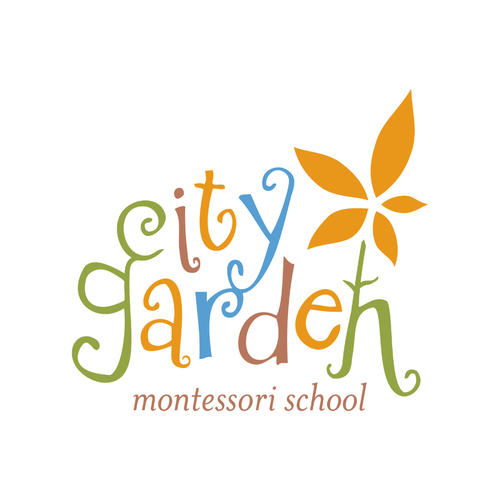 City Garden Montessori School
City Garden Montessori School
 Gateway Science Academy
Gateway Science Academy
 Kairos Academies
Kairos Academies
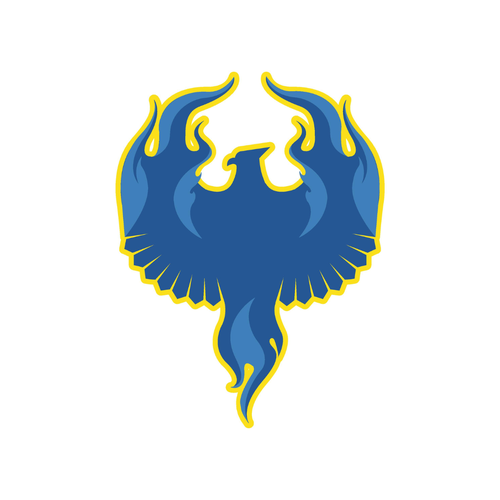 KIPP Inspire
KIPP Inspire
 Momentum Academy
Momentum Academy
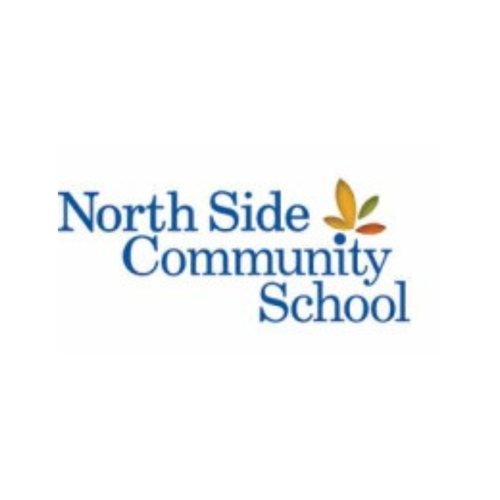 North Side Community School
North Side Community School
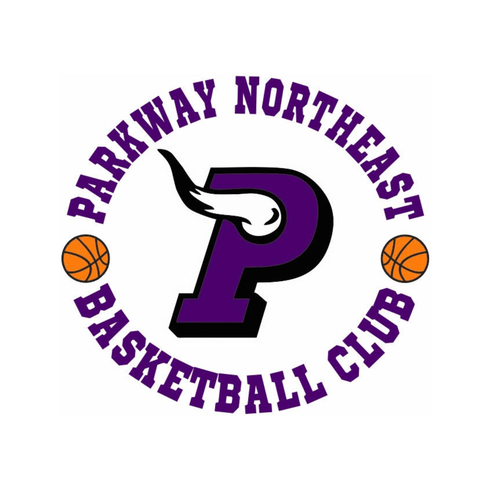 Parkway North East Middle School
Parkway North East Middle School
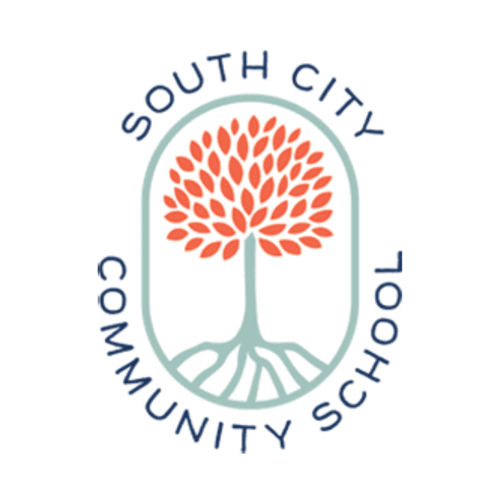 South City Community School
South City Community School
 St. Louis Language Immersion School
St. Louis Language Immersion School